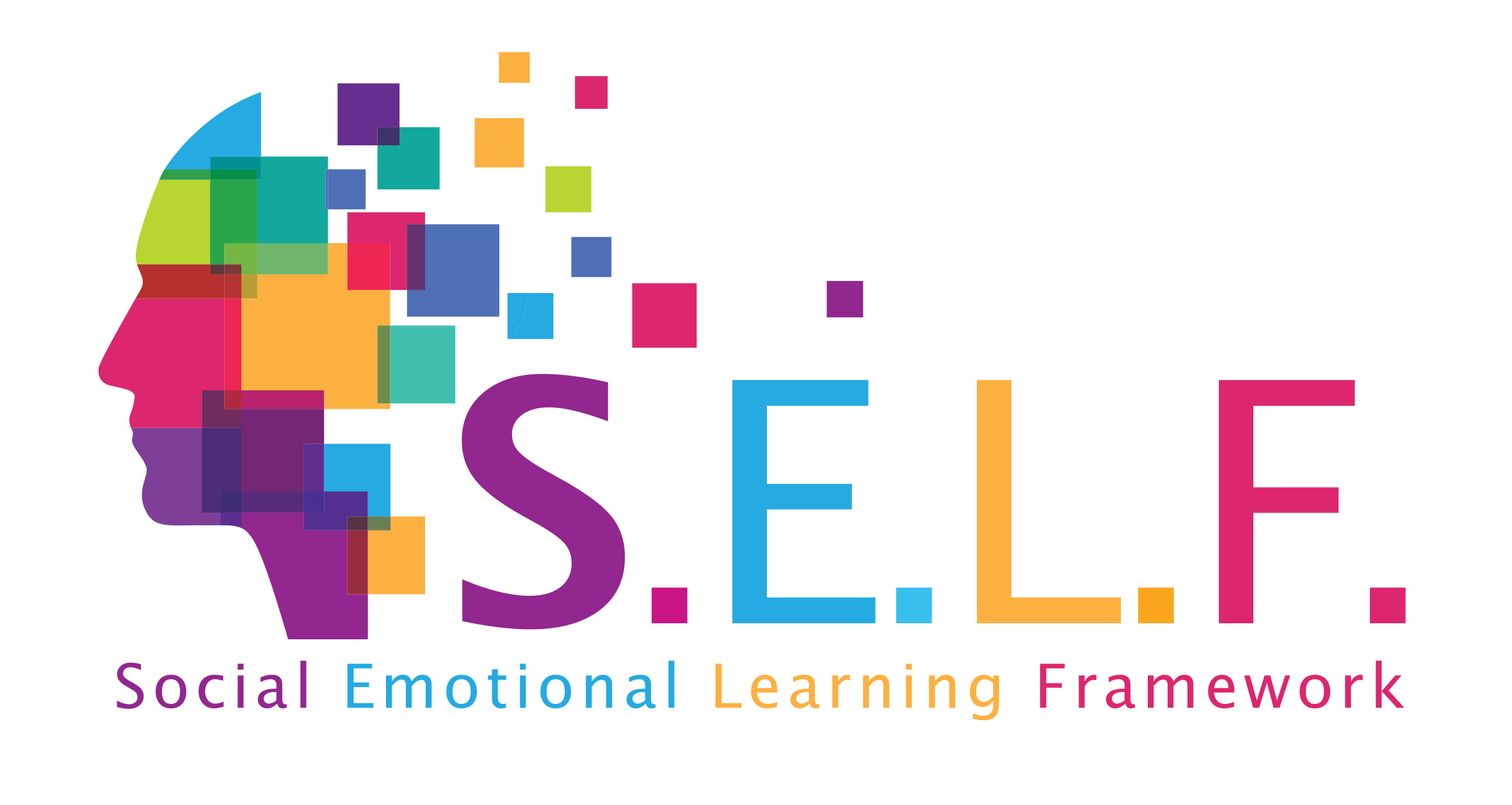Preparing children to be responsible, productive, caring, and engaged citizens is a timeless pursuit that continues to be the goal of education today. A look into the foundations of the SEL skills indicate that they are rooted in systems theories, learning theories, child development theories, information processing theories, social cognitive theories, a number of theories related to emotions, attachment theory, and behavior change theories.
Below is a list of theories and studies that build the foundation of SEL skills, from the past to the present.(1)
Social and Emotional Learning Is “An Ancient Concept”
As with many western ideas, the roots of SEL date back to the ancient Greece. When Plato wrote about education, he proposed a holistic curriculum that requires a balance of training in physical education, arts, math, science, character, and moral judgment. “By maintaining a sound system of education and upbringing, you produce citizens of good character,” he explained. (2)
1916 - John Dewey
With the book “Democracy and Education: An Introduction to the Philosophy of Education” published in 1916, Dewey introduces the idea of social responsibility. He argues that one cannot perform activities without taking other people’s activities into account. This would be later a foundational principle of SEL.
1962 – Vygotsky’s Socio-Cultural Theory
Vygotsky argued that social interaction comes before cognition. According Vygotsky, its is through guided learning within the Zone of Proximal Development, that the child develops knowledge with the aid of a partner. Children learn social interaction with a skilled tutor that models behavior. These theories are seen today in classrooms with teachers modeling behavior and small groups. This paves the way for SEL practices as educators model behaviors and coping skills for students to emulate.(4)
Late 1960s – James Comer
He created a program called “Comer School Development Program”, where he speculated that a child’s experiences at home and school affects his/her psychosocial development, and therefore affects his/her academic achievement. He implemented a collaborative program focusing on reducing behavior issues by eliminating the obsolete procedures in a school which had permanent attendance and behavior problems. By the 1980s, academic achievement exceeded the national average.(2)
1970 – Emotional Literacy was discovered.
Clinical psychologist Claude Steiner coined the term “emotional literacy”. He defined it as “the ability to understand your emotions, listen to others and empathize with their emotions, and the ability to express emotions effectively”.(5)
SEL skills emerged with the same degree of emphasis placed upon the academic skills, becoming more and more important in the past four decades. They were mentioned in the report “A Nation At Risk” (1982) which was published during the term of the US President Reagan. This report emphasizes the deficiencies regarding child growth attitudes that unhinged the values that constituted a society. Those were the times marked by violence, unattendance, and increased bullying events at schools, while the mental state of children and young people were affected negatively. Intervention programs focused upon the SEL skills of problematic individuals only. However, these programs also failed since they ignored the variables.
Especially the scientific studies conducted as of the 1990s highlighted the emphasis on human, while underscoring the importance of social-emotional climate in supporting and improving learning. Various reports have been published to indicate that SEL skills have an impact on academic achievement.
1994 – CASEL
CASEL (Collaborative for Academic, Social and Emotional Learning) organization was established to focus on research on Social-Emotional Learning initiatives. It has been an influential resource for schools that tried to implement SEL on their campus. Their focus is on social and emotional learning and how SEL impacts academic and personal success.(6)
1995 - Goleman
Goleman coined the term “emotional intelligence”, which brought attention to its importance in the lives of individuals. Intervention programs were designed particularly for the early childhood and primary school period, paving the way for the following programs in those years: Lions Quest Life Skills, Second Step, Incredible Years, Promoting Alternative Thinking Strategies (PATHS), I Can Problem Solve (ICPS), Responsive Classroom; and Tools of Mind (ToM).
2018 - “A Nation at Hope”
A report entitled “A Nation at Hope” was published in 2018 in the USA. It was followed by various reports and program development efforts worldwide. OECD conducted a survey on “Social and Emotional Skills”. According to the PISA results worldwide, it was revealed that investment in SEL skills would increase the scores in academic field for students who scored lower in reading comprehension, science, and math.(1)
SEL Developments and Practices in Turkey:
While the SEL efforts in Turkey are limited, the number of studies in this field has recently increased since more importance is attached to this field. It has been observed that the literature on SEL was limited, the practices in this field were few and of low-quality, SEL was applied in a limited number of schools and it was included in the education system yet. Such data indicates that the Turkish Education system seemingly underestimates SEL.
The 2019 TÜSİAD (Turkish Industry and Business Association) report underlines the importance of reinforcing the SEL skills for all children, young people, and adults.
The 2023 Education Vision Report made it possible to recognize the important of individuals’ and the society’s well-being, with a strong emphasis on human. In addition, the Education Reform Initiative (ERG) underscores the importance of SEL skills, as much as academic skills, in its monitoring report.1
While the number of SEL studies in Turkey is little, some programs are being implemented in place, including Second Step and LQYB (Lions Quest Skills for Adolescence), which have been adapted from international programs. LQYB is adapted in Turkey by BUPERC (Boğaziçi University Peace Education and Research Center) as a model for peace education in early childhood and primary schools. It has been tested, measured, and assessed while being translated and adapted into Turkish language and culture. The “Classes That Make a Difference” project undertaken by Ashoka and the children’s workshops arranged by the Village Schools Association (KODA) are among the SEL practices in Turkey(7)
